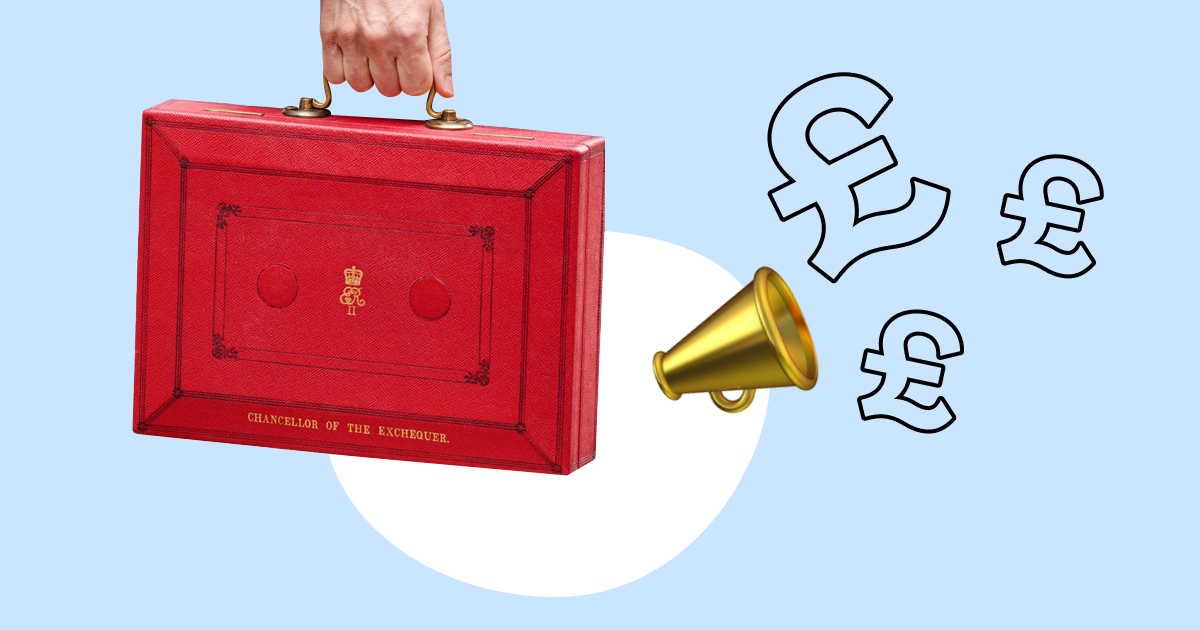As we look ahead to the announcements in the 2024 UK October Budget, one of the most closely watched topics is the potential changes to tax-free cash allowances on pensions. For many retirees and those approaching retirement, the ability to take a portion of their pension as a tax-free lump sum has been a cornerstone of financial planning. However, with growing speculation that the government may be considering reforms to this benefit, it’s important to understand what could change and how you can adapt your retirement strategy.
Current Rules on Pension Tax-Free Cash
At present, UK pension holders can withdraw 25% of their pension pot as a lump sum completely tax-free. This is known as the Pension Commencement Lump Sum (PCLS). For example, if you’ve saved £400,000 in your pension, you are entitled to take £100,000 without paying any tax, with the remaining 75% subject to income tax when withdrawn.
This 25% tax-free withdrawal option has been an attractive feature for those looking to reduce debt, make major purchases, or simply create a cash cushion in retirement without facing an immediate tax hit. However, with the government facing fiscal pressures, changes to this long-standing provision may be on the horizon.
Speculation on Potential Changes
Although the exact details of the proposed reforms are still unclear, several potential changes to tax-free cash have been discussed by policymakers and financial experts. Here are a few of the speculations:
1. Reduction of the 25% Tax-Free Allowance: Another potential change is a reduction in the proportion of tax-free cash available. Instead of 25%, the government could lower the amount to 20% or even 15%, which would reduce the upfront tax-free cash available to pensioners. Some speculate that the cap could fall as low as £100,000
2. A Gradual Phasing Out: Some analysts believe that the government might gradually reduce the tax-free cash benefit over time, introducing changes that initially affect younger savers more than those nearing retirement. This would lessen the immediate impact on those close to accessing their pensions but would significantly alter long-term retirement planning strategies.
3. Likelihood of changes: Currently the Government are looking to fill a deficit, and analysts anticipate that a cut in tax free cash could help raise £5.5 billion as per Morningstar. However, many believe that, this will have a minimal impact as very few people hold such large lump sums in their pension and instead the people at higher risk are those in the public sector. Furthermore, such changes overnight, with no notice will have a dramatic impact on peoples retirement planning, so many believe it may not take effect immediately.

Why Are These Changes Being Considered?
The UK government is grappling with a growing fiscal deficit, and pension reforms are seen as a potential source of revenue. The tax-free cash benefit, while popular, represents a significant cost to the Treasury in lost tax revenue. By capping or reducing this benefit, the government could increase tax receipts, particularly from wealthier individuals with larger pension pots.
At the same time, the government may see such reforms as a way to encourage more responsible, sustainable retirement planning. By limiting large, upfront tax-free withdrawals, the hope may be to incentivise retirees to spread their pension income over time, ensuring greater financial security throughout retirement.
What Options Do You Have?
While the details of the October Budget are not yet finalised, it is essential to start thinking about how potential changes could impact your financial plans. If tax-free cash is limited or reduced, it may alter how you access your pension savings. Here are some strategies to consider:
1. Take Your Tax-Free Cash Early: If the Budget introduces a cap or reduction in the tax-free cash allowance, the changes are unlikely to take immediate effect, giving some clients a window to take advantage of the current 25% allowance. If you are close to retirement and have been considering taking your lump sum, you may want to act before the new rules come into force, locking in the tax-free cash under the current system.
2. Phased Retirement: Rather than taking a large lump sum, consider phasing your retirement income over time. This approach could help you manage your tax liability, especially if the government implements a cap on the total amount of tax-free cash available. Phased withdrawals allow you to spread out both your tax-free cash and taxable pension income over several years, potentially keeping you in a lower income tax bracket.
3. Diversify Into Other Tax-Efficient Investments: With potential restrictions on tax-free pension cash, it may make sense to explore other tax-efficient savings vehicles, such as ISAs and GIA’s. ISAs offer tax-free growth and withdrawals, making them a valuable addition to your retirement savings strategy. By diversifying your savings, you can reduce your reliance on pensions for tax-free cash and increase flexibility in your financial plan.
4. Review Your Pension Drawdown Strategy: Pension drawdown allows you to keep your pension invested while drawing an income, offering flexibility in how and when you access your savings. With potential changes to tax-free cash, reviewing your drawdown strategy can help you optimise withdrawals and manage your tax burden over the long term.
5. Seek Professional Advice: The potential reforms to tax-free cash may have significant implications for your retirement plan, so it’s crucial to get professional advice. A financial adviser can help you navigate these changes, assess your current pension arrangements, and explore alternative strategies to ensure you maximise your retirement income in a tax-efficient way.
What’s Next?
As the October Budget approaches, we expect further details on any changes to tax-free cash allowances. For now, the best course of action is to stay informed and consider the possible implications for your pension strategy.
The potential changes highlight the importance of regular reviews of your retirement plan, ensuring it remains flexible and adaptable to any legislative shifts. Even if the 2024 Budget introduces new restrictions on tax-free cash, there are still plenty of options to ensure a comfortable and financially secure retirement.


Conclusion
The 2024 October Budget is expected to bring changes that could affect how much tax-free cash you can take from your pension. While these reforms aim to address the government’s fiscal challenges, they also represent a significant shift in retirement planning for many individuals. By understanding your options and planning ahead, you can mitigate the impact of these changes and ensure your retirement remains on track.
If you’re unsure about how these potential changes may impact your specific situation, or if you’d like to explore alternative strategies, don’t hesitate to reach out. I’m here to help you navigate the evolving landscape of pension regulations and guide you in making the best decisions for your future.





